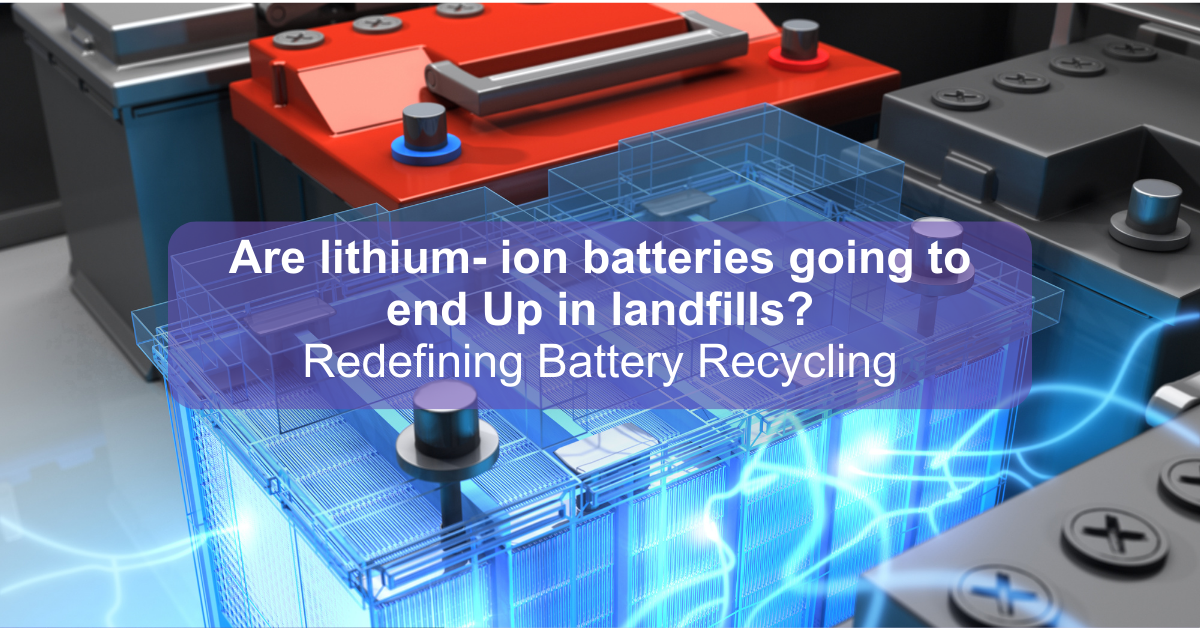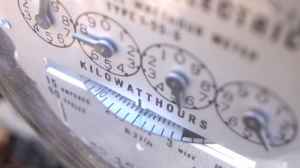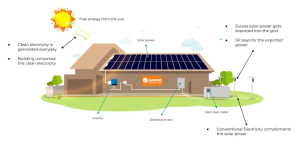Think that lithium-ion batteries from electric vehicles, cell phones, and home solar solutions are just going to end up in landfills? THINK AGAIN!
The electric mobility revolution has ignited a significant shift toward cleaner transportation options. However, this shift has brought with it the question of what happens to the lithium-ion batteries that power vehicles, homes, and cell phones when they can no longer efficiently propel them down the road. Instead of sending spent batteries to landfills, manufacturers and researchers are developing technologies to recover valuable materials from these batteries, giving them a second life.
There are various methods for recycling EV batteries. One common approach involves disassembling the battery to recover individual components. Metal components can be melted down and reused to create new batteries or other products. Another method involves shredding the battery and extracting valuable materials through chemical processes.
The recycling of EV batteries is still in its early stages but is rapidly growing. In 2021, the global market for EV battery recycling was valued at an estimated $1.5 billion. This market is projected to reach $15 billion by 2030.
Redefining Battery Recycling
Founded in 2016, Li-Cycle has emerged as a trailblazer in sustainable battery recycling. The company’s core mission revolves around creating a circular economy for lithium-ion batteries, where valuable materials are recovered, refined, and reincorporated into new batteries. This approach not only reduces the environmental impact of battery production but also curtails the need for extensive mining.
Li-Cycle’s versatile technology can handle various battery chemistries, making it a versatile solution for different lithium-ion batteries. The company adheres to stringent safety and sustainability standards, ensuring that the recycling process doesn’t compromise the environment or human health.
Conclusion: Lithium-ion batteries are highly recyclable
Lithium-ion batteries are remarkably recyclable. Advancements in recycling technology and processes enable these batteries to be broken down, and their valuable components, including lithium, cobalt, nickel, and manganese, can be extracted and reused in new batteries. This not only reduces the demand for new raw materials but also minimizes environmental impact and waste. As the demand for lithium-ion batteries continues to grow across applications like electric vehicles and renewable energy storage, sustainable practices like battery recycling become even more crucial. By harnessing the recyclability of lithium-ion batteries, we can pave the way for a more resource-efficient and environmentally friendly energy landscape.




